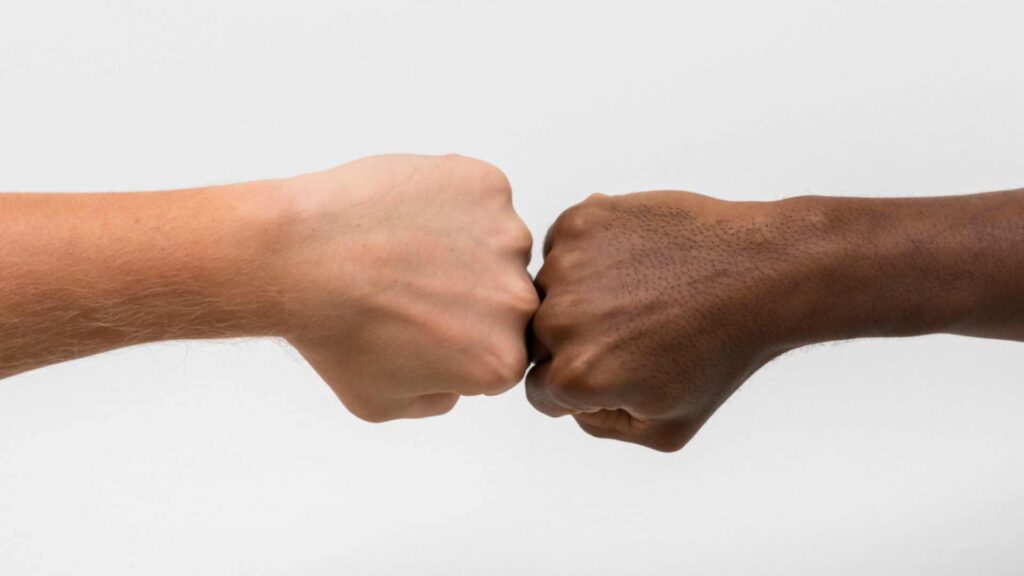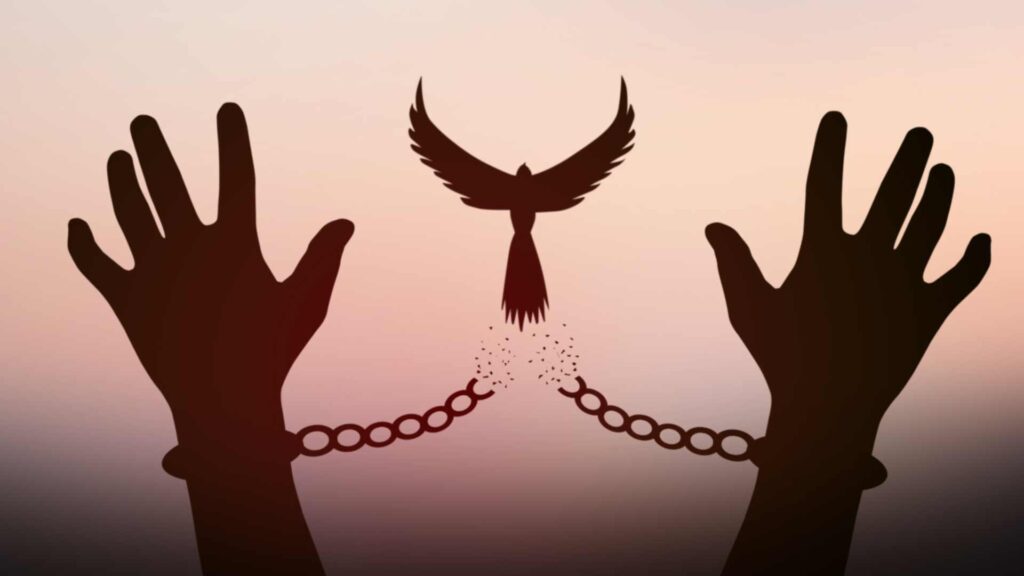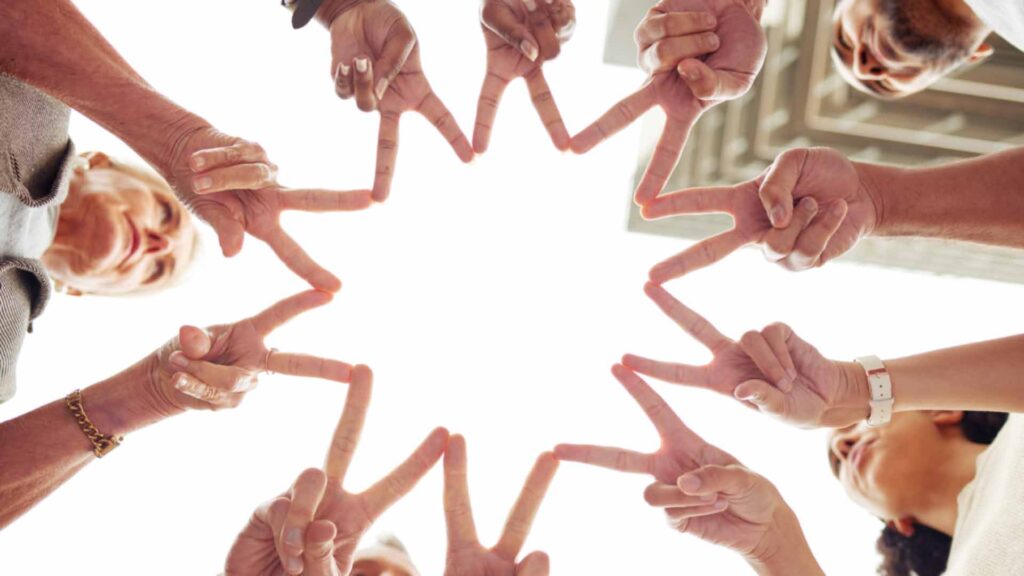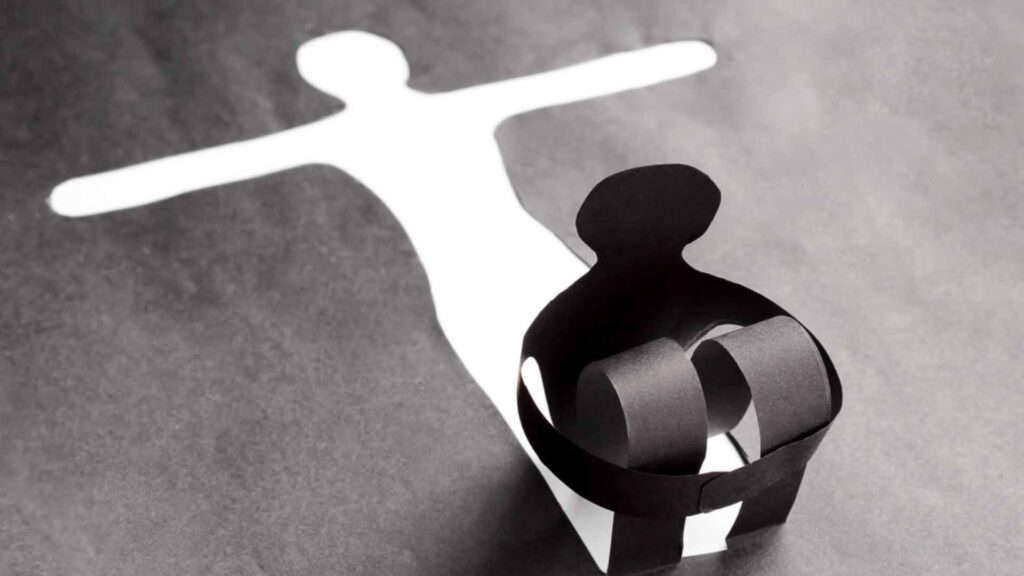Why Gender Inequality is a Matter of Concern?
Whatâs the first question people ask when a child is born? âIs it a boy or a girlâ â right? Itâs almost second nature to us to ask this question. This seemingly innocent question perfectly demonstrates the importance people place on childrenâs genders as soon as theyâre born.
Will a child’s gender determine his or her future? Unfortunately, yes. Gender inequality continues to be a major issue on a local, national, and international scale. Inequality, of course, impacts the lives of individual women. But it also impacts men in very insidious ways.
More importantly, it stifles economic growth and development as unequal social relationships between men and women only lead to disasters. Policies, institutions, and processes tend to be way less effective when one group of people are excluded from decision-making processes.
How Gender Inequality Destroys a Nation

We can create an endless list of statistics that demonstrate gender inequality and the power imbalance between men and women. It couldnât be clearer that gender inequality is still a severe problem on a local, national, and global scale.
So, the real question is – does gender inequality destroy a nation? Well, simple logic would suggest yes.
- Women constitute approximately 50% of the worldâs population. Thatâs 4+ billion people.
- According to recent estimates, women produce about 37% of the worldâs Gross Domestic Product (GDP).
- 50% of the worldâs food supply depends on the services of women.Â
- In many countries, women constitute 50% or more of the overall workforce.
If we treat a group that contributes so much to the global economy unfairly, of course, itâll lead to destruction. The only way you can claim otherwise is if you assume that women donât impact the world economy.
In that case, youâre wrong because as the figures suggest â female participation in global economies only has net positive effects. But how does womenâs marginalization produce detrimental economic effects on communities, states, or countries?
- Loss of Talent: Every year, 12+ million girls are married off before the age of 18. That means weâre creating 33,000 child brides every day instead of creating new students or new professionals.Â
- Loss of Potential: Do women in marginalized communities or unsuccessful countries work less than men? No. But, most women in the developing regions of the world engage in low-quality, low-pay work. For instance, in the rural regions of sub-Saharan Africa, local women spend 40+ billion hours every year collecting water. In these nations, women shoulder a greater burden of gathering water, food, and wood for their families.
- Lack of Recognition: The earlier example proves that on average women across the world work longer days than men. Imagine if these women had access to infrastructure that simplified basic household chores. Would these women have access to proper employment opportunities instead of unpaid, risky, and precarious forms of work? Probably not.Â
Unfortunately, in many countries, society still considers females less than boys and judges them when they achieve something big in their lives. How prevalent is this backward and misogynistic attitude? According to the World Bank, only 6 out of 187 countries donât have laws or systems that promote gender discrimination.
Society still treats women unequally across the world. Theyâre continually forced to engage in unpaid care work (e.g., childcare, housework, etc.). Plus, theyâre constantly told that gender inequality isnât that big of a problem.
However, countless studies suggest that gender inequality is societyâs main problem, especially when it comes to tackling global poverty rates.
The Gender and Poverty Connection

Gender inequality is one of the leading causes of poverty. Most people think itâs just a symptom of poverty. But, if you shape a society thatâs only optimized for 50% of the population, youâll face various economic challenges.
Just like conflict, famine, or violence – gender inequality is one of the leading causes of impoverishment and poverty. If we work towards eliminating gender inequality, we can achieve progress in improving the GDPs of impoverished countries. Hereâs how.
Gender Equality Leads to Better Healthcare

Even in Western countries, men receive much better medical care than women. Sexism in the research community (e.g., not adequately researching diseases that primarily affect women) is a leading cause. Women in the medical field are also likelier to receive fewer job opportunities and get less pay for similar work that men do. These factors combine to create inefficient healthcare systems. Fix the gender inequality issues in these systems and you fix the quality of healthcare everyone receives.
Gender Equality Helps Businesses

Diversity improves an organizationâs ability to innovate and better serve customers. If we create an equal society where women receive the same types of education/employment opportunities as men, businesses benefit incredibly.
Gender Equality Creates Stronger Legal Protections

Unequal societies tend to be less cohesive and collaborative. In such societies, anti-social behaviour and violence are likelier to be rewarded. If we promote gender equality in such societies, everyone (not just women) would feel more connected to society. It will be easier to build productive lives and laws in such societies compared to societies where inequality is rampant.Â
Gender Equality Leads to Racial Equality

When members of marginalized communities exercise their rights, everyone benefits. If women of all races are allowed to make their demands visible, achieving racial equality becomes easier. Of course, racial gaps exist inside gender groups. For instance, in the US, black women face significantly higher risks of death from pregnancy-related issues. More women in the medical system will address issues like this. More black women in the medical system will again help address issues like this.
Gender Equality Reduces Human Trafficking

70% of all human trafficking victims in the world are women. If we promote gender equality in societies most affected by this evil, weâll be able to reduce poverty. Reducing poverty means strengthening these societies. It also means more women inside safe educational or workspaces â not in life-threatening trafficking situations.
Gender Equality Promotes Peace in Society

According to the UN, âPeace is synonymous with women’s rights.â Research from the United Nations has proved that states with better gender equality are on average less violent. These countries are less likely to use military force and have fewer instances of gender-based domestic/sexual violence.
Since poverty rates are the highest among young females, tackling gender inequality will ultimately improve global poverty rates. Gender inequality prevents women from receiving the same types of education/job opportunities as men.
These women are typically married off by their families. Only the men from these societies receive proper education/job opportunities. In this way, the cycle of poverty continues. Gender inequality keeps this cycle running.
The only way to stop these precarious cycles is by investing in efforts and campaigns that promote global gender equality.
What Needs to Change?

Womenâs economic empowerment is the first step toward achieving wide-scale gender equality. If we can create economies that aid both sexes alike, weâll have less poverty, less gender-based violence, and more prosperity.
Here are some key steps individual members of society can take to achieve these goals â
- Promote womenâs entrepreneurship and tackle gender norms in the most influential sections of society.
- Banish or condemn misogynistic practices like child marriage and child brides.
- Transform gender standards in public institutions early; create educational systems where gender equality is the norm.
- Promote, elect, and support female leaders to boost their visibility in social spaces.
What can you do in support of gender equality? Learn more about this topic and think of ways you can be helpful. Start by supporting womenâs initiatives in your local community or your professional field.
Donât know where/how to find such women? Find them on UPDEED.
Read about the leading organization which is proving the myths related to women and children wrong, showing them on UPDEED, and making an impact by uplifting women and girls.
Rescue Wing International is an organization that works to empower girls and women in marginalized communities by providing them with the necessary skills and knowledge to participate in decision-making and engage in sustainable income-generating projects.
On UPDEED, the organization shows multiple aspects of uplifting women and supporting girls with equal opportunities.
UPDEED is a platform thatâs dedicated to promoting facts about gender equality. The platformâs main goal? Create networks and communities that guide tomorrowâs changemakers towards a more equal society.
Now, Download the App!





